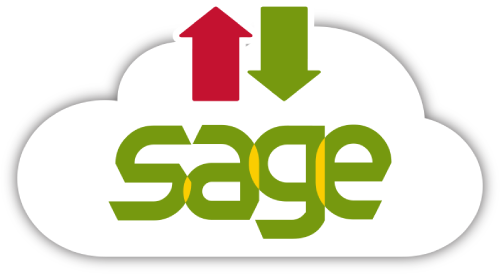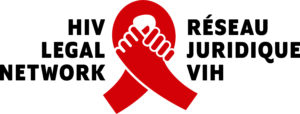The HIV Legal Network (www.hivlegalnetwork.ca) promotes the human rights of people living with and vulnerable to HIV/AIDS, in Canada and internationally, through research and analysis, advocacy and litigation, public education and community mobilization. The Legal Network is Canada’s leading advocacy organization working on the legal and human rights issues raised by HIV/AIDS.
RESOURCES
Legislating for Health and Human Rights: Model Law on Drug Use and HIV/AIDS — Module 6: Outreach and information
Publication date: 2006This model law resource is designed to inform and assist policy-makers and advocates as they approach the task of reforming or making laws to meet the legal challenges posed by the HIV epidemic among people who use drugs.Module 6 contains a prefatory note which...
Legislating for Health and Human Rights: Model Law on Drug Use and HIV/AIDS — Module 5: Prisons
Publication date: 2006This model law resource is designed to inform and assist policy-makers and advocates as they approach the task of reforming or making laws to meet the legal challenges posed by the HIV epidemic among people who use drugs.Module 5 contains a prefatory note which...
Legislating for Health and Human Rights: Model Law on Drug Use and HIV/AIDS — Module 4: Supervised drug consumption facilities
Publication date: 2006This model law resource is designed to inform and assist policy-makers and advocates as they approach the task of reforming or making laws to meet the legal challenges posed by the HIV epidemic among people who use drugs.Module 4 contains a prefatory note which...
Legislating for Health and Human Rights: Model Law on Drug Use and HIV/AIDS — Module 3: Sterile syringe programs
Publication date: 2006This model law resource is designed to inform and assist policy-makers and advocates as they approach the task of reforming or making laws to meet the legal challenges posed by the HIV epidemic among people who use drugs.Module 3 contains a prefatory note which...
Legislating for Health and Human Rights: Model Law on Drug Use and HIV/AIDS — Module 2: Treatment for drug dependence
Publication date: 2008This model law resource is designed to inform and assist policy-makers and advocates as they approach the task of reforming or making laws to meet the legal challenges posed by the HIV epidemic among people who use drugs.Module 2 contains a prefatory note which...
Legislating for Health and Human Rights: Model Law on Drug Use and HIV/AIDS — Module 1: Criminal law issues
Publication date: 2006This model law resource is designed to inform and assist policy-makers and advocates as they approach the task of reforming or making laws to meet the legal challenges posed by the HIV epidemic among people who use drugs.Module 1 contains a prefatory note which...
A human rights analysis of the N’Djamena model legislation on AIDS and HIV-specific legislation in Benin, Guinea, Guinea-Bissau, Mali, Niger, Sierra Leone and Togo
Publication date: 2007This paper analyses the recent HIV-specific legislation of seven Central and West African countries from the perspective of human rights. These seven laws (the “laws under consideration”) are:the “Law on prevention, care and control of...
Access to Medicines and Intellectual Property: An International Expert Meeting on Canada’s Access to Medicines Regime, Global Developments, and New Strategies for Improving Access
Publication date: 2007From 19–21 April 2007, in Ottawa, Canada, the North-South Institute and the Canadian HIV/AIDS Legal Network jointly organized an international expert meeting to discuss Canada’s Access to Medicines Regime, broader global developments related to...
Support for survival: barriers to income security for people living with HIV/AIDS and directions for reform
Publication date: 2005With this report, the Canadian HIV/AIDS Legal Network seeks to contribute to the informed development of the laws, policies and programs people living with HIV/AIDS in Canada rely upon to provide them with income security when they are unable to meet their income...
Closed to Reason: The International Narcotics Control Board and HIV/AIDS
Publication date: 2007Nearly one in three HIV infections outside Africa is among people who inject drugs. The International Narcotics Control Board (INCB) could and should be playing a key role in stopping this injection-driven HIV epidemic — but it’s not.Instead, the Board...

